“The distribution of EU funds would certainly have to be completely restructured, and it would come shortly after the financial chaos caused by Brexit. It could also harm several member states, mainly in Central Europe, which would sooner or later resist it,” constitutional lawyer Zoltan Lomnici Jr. told Magyar Nemzet. Ukraine submitted its application for membership in February last year, and accession talks with Brussels are due to start as early as this year. However, the expert stressed that the current member states will not necessarily have a positive approach to the accession of the post-Soviet country.
Ukraine is far behind EU member states in terms of general economic development, so it would need a staggering amount of cohesion funds,
he said, adding that EU funds would be diverted mainly from the Central and Eastern European region.
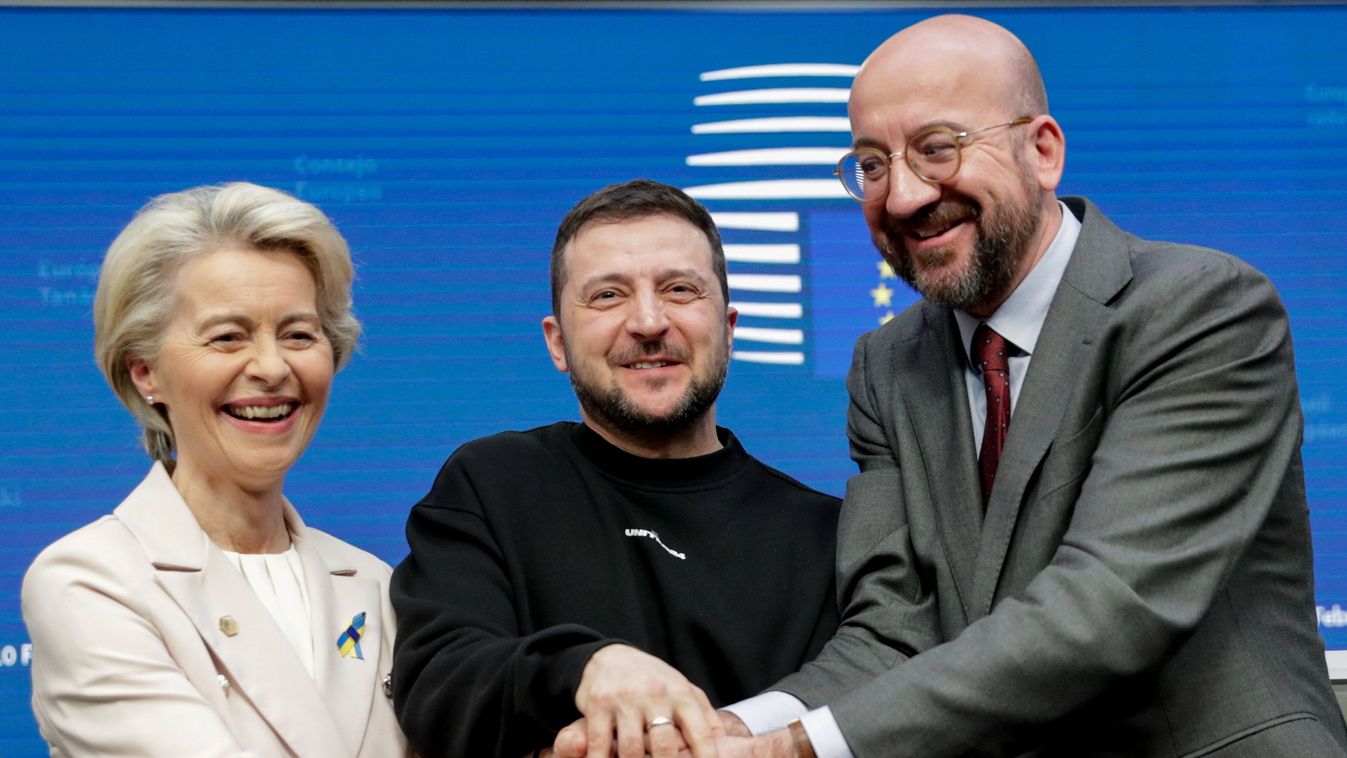
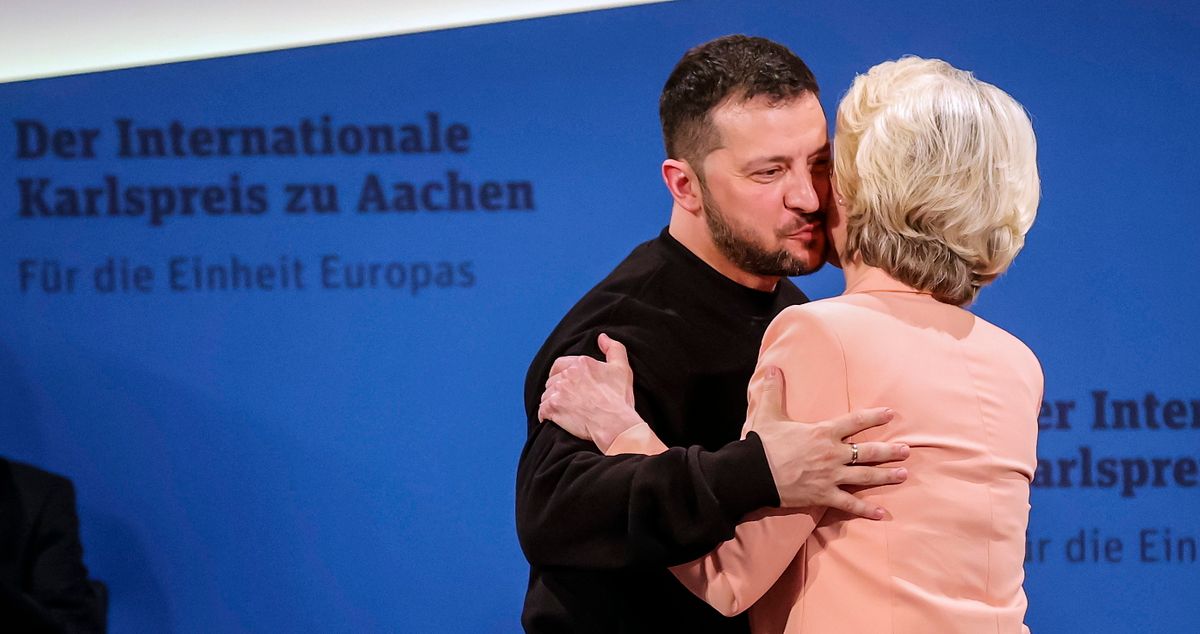
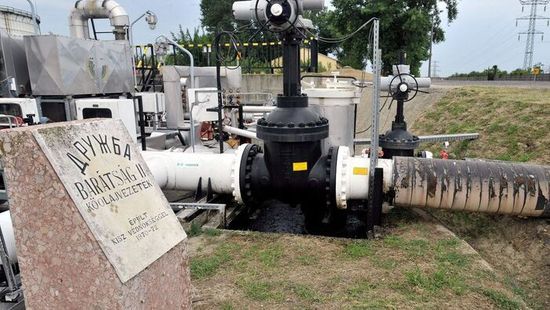
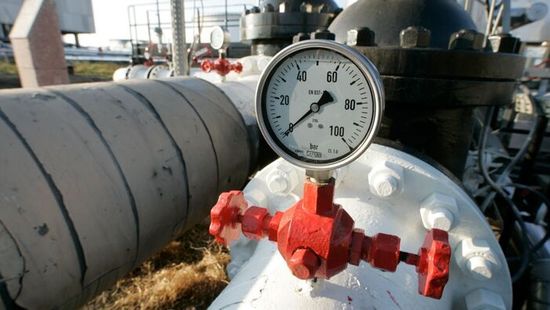
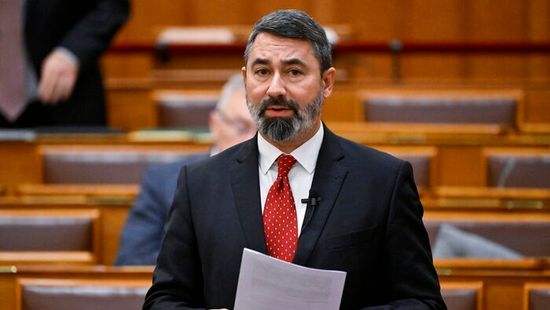
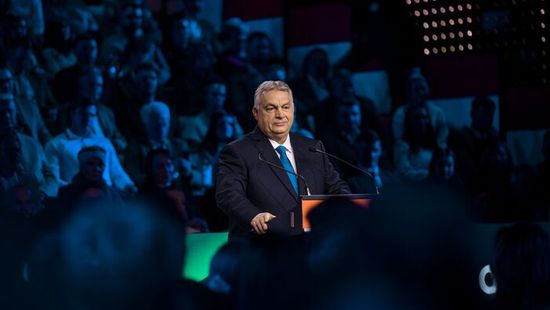

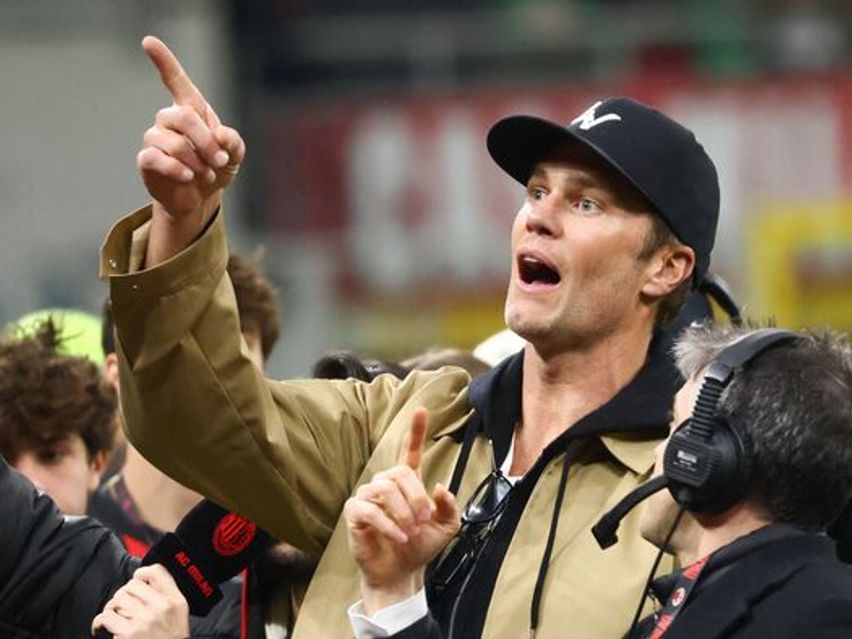
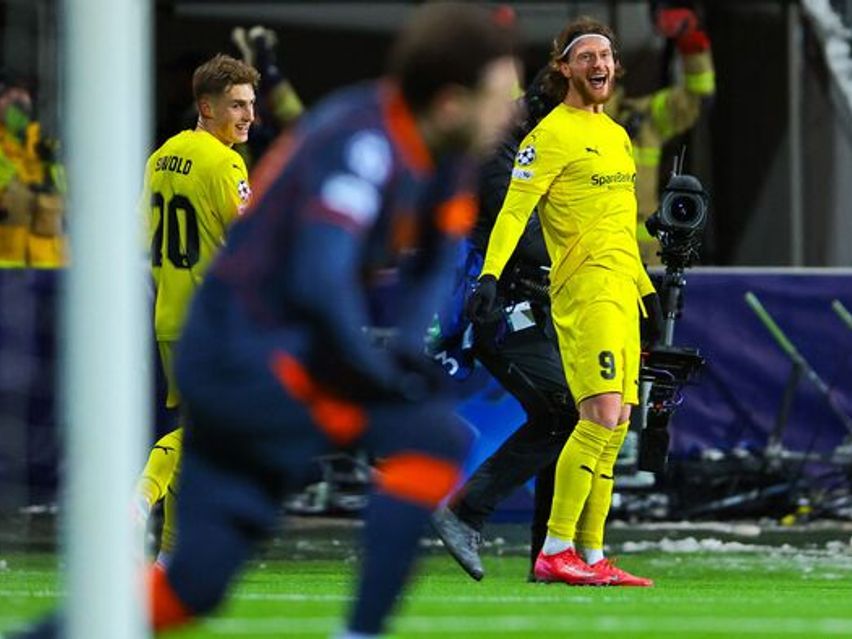
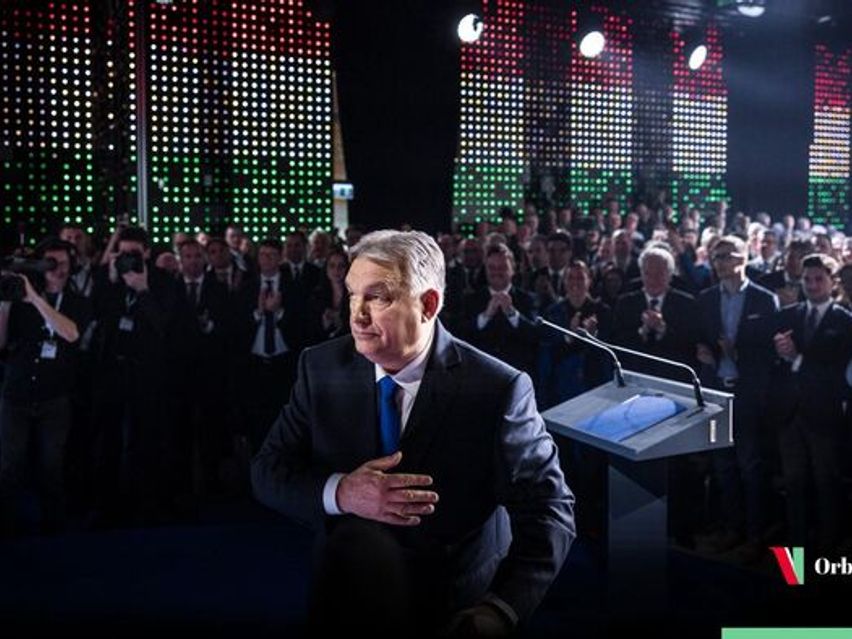
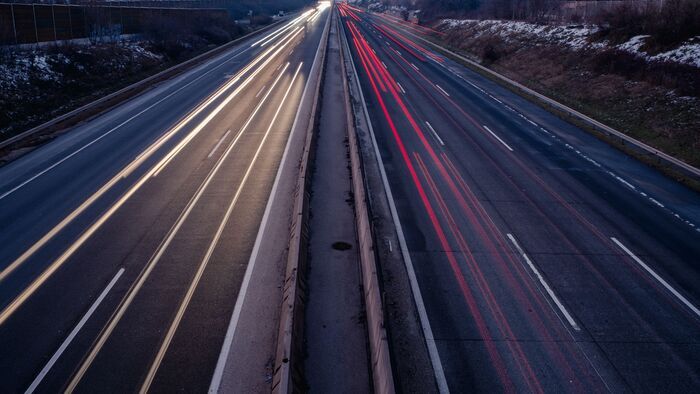


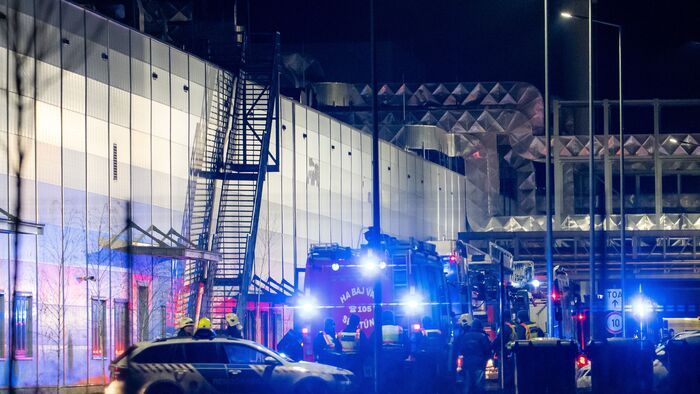
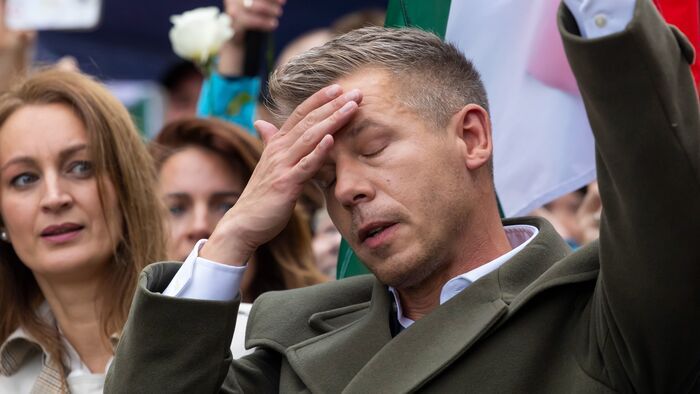

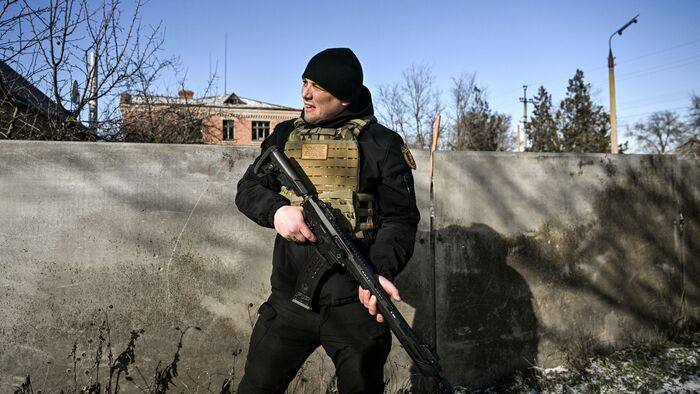
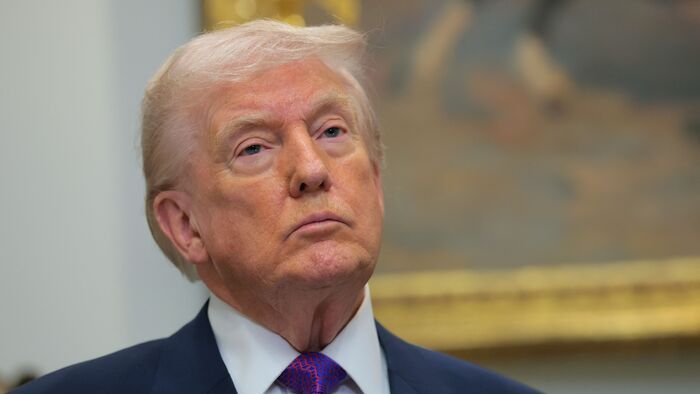
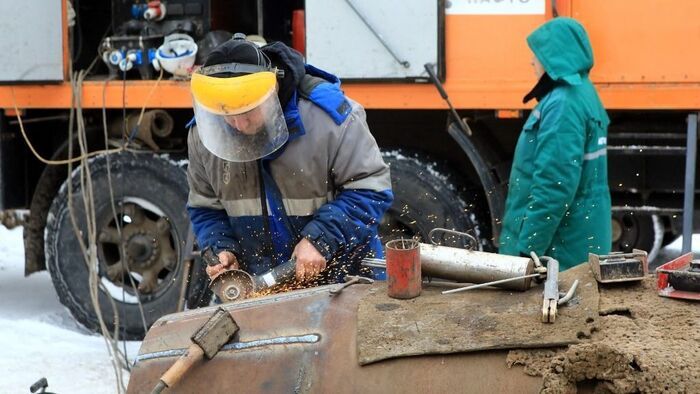

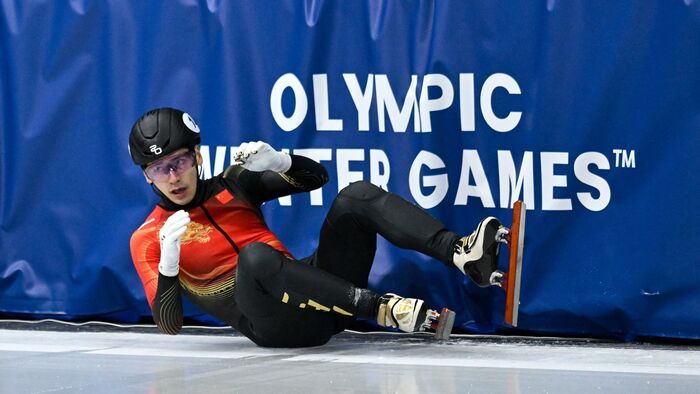



Szóljon hozzá!
Jelenleg csak a hozzászólások egy kis részét látja. Hozzászóláshoz és a további kommentek megtekintéséhez lépjen be, vagy regisztráljon!